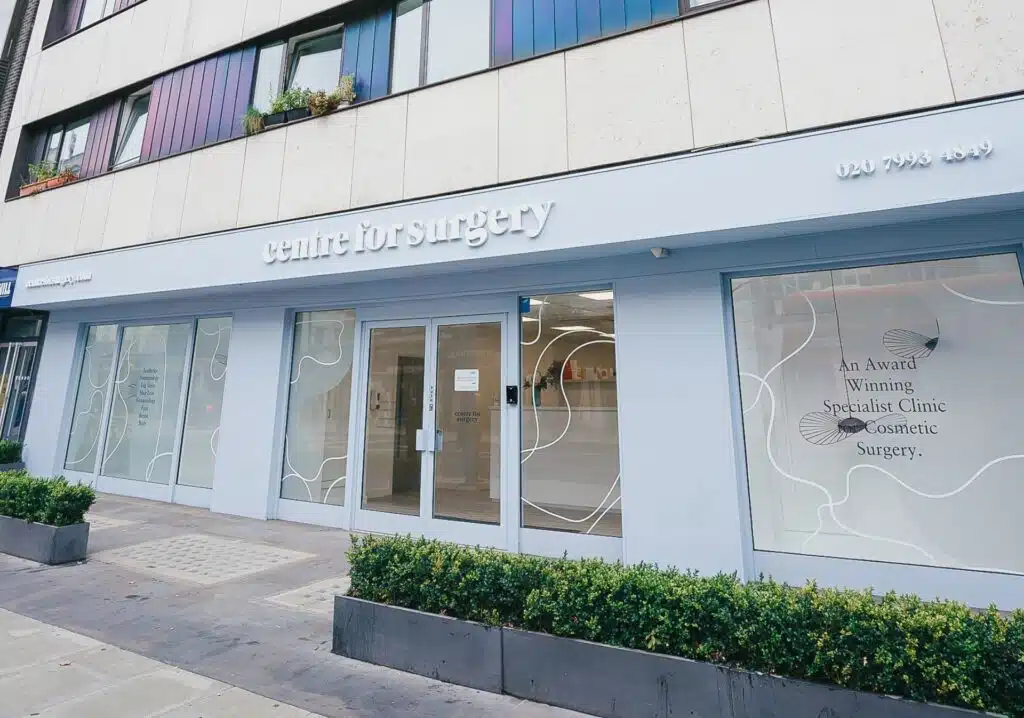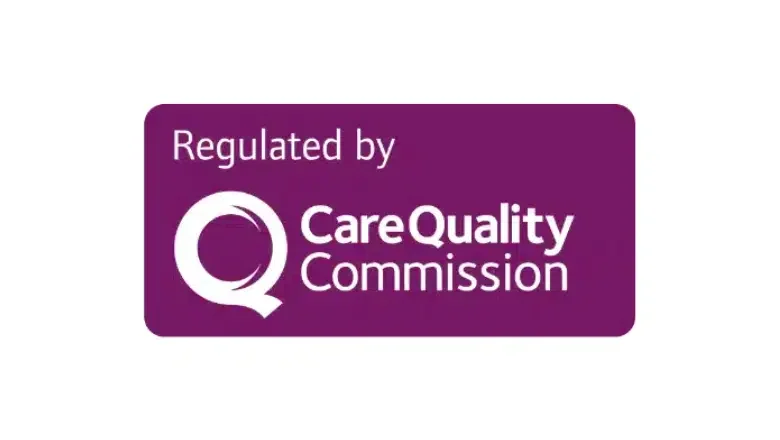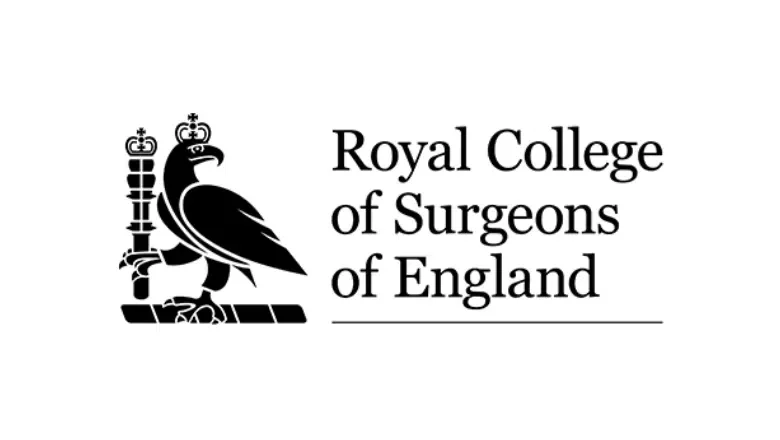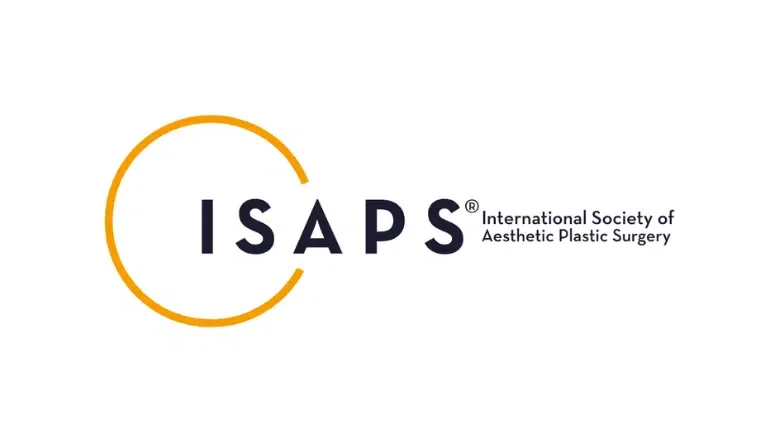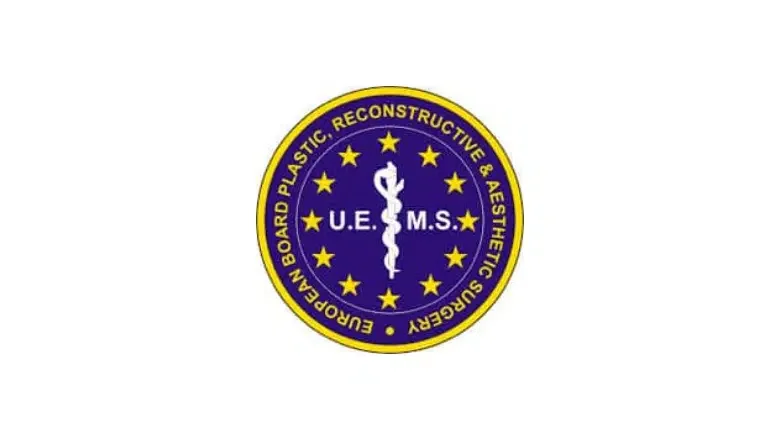Labiaplasty is getting more and more popular in the UK. Many women are choosing this surgery to feel better physically and emotionally. It mainly changes the shape or size of the vaginal lips to make them look neater. But it’s not just about looks; it can also help women who feel pain or discomfort during sexual activities or other physical movements. There are lots of different reasons you might think about having this surgery, and our team of surgeons at Centre for Surgery will talk through your specific needs with you.
When and Why to Consider Labiaplasty
Talking openly about the genital area has become more accepted, but labiaplasty can still be a touchy subject for many women. If you’re considering this procedure, it’s essential to know that it’s not just about appearance; it can genuinely improve your comfort and well-being, helping you get rid of persistent discomfort or self-consciousness that may have built up over time.
Why Do Women Choose Labiaplasty?
Women usually seek labiaplasty for two main reasons: aesthetic and functional. The aesthetic reasons involve changing the appearance of the labia for a smoother or more ‘balanced’ look. On the functional side, labiaplasty can help reduce discomfort or pain during activities like sex, exercise, or even just wearing tight clothing. While the exact causes for enlarged labia aren’t fully understood, it’s thought that hormonal shifts and genetic factors play a role.
Making an Informed Decision
Before deciding to go through with labiaplasty, doing your homework is crucial. Research the procedure thoroughly and consult with an experienced surgeon at Centre for Surgery. During this consultation, you can discuss your reasons for wanting the surgery, potential outcomes, risks, and what the recovery process will be like. Your surgeon should give you a comprehensive understanding of what the procedure entails so you can make an informed decision.
Like many other types of plastic surgery, labiaplasty can make a big difference in how you feel about yourself. But some women worry about how much it might hurt and what it’s like to recover afterwards. So, you might be wondering, is having a labiaplasty painful?
Pain During Labiaplasty: What to Expect
Labiaplasty is usually a pretty straightforward surgery. Most of the time, it’s done as an outpatient procedure, which means you can go home the same day. It’s generally performed using local anaesthesia, so you don’t have to worry too much about feeling pain during the actual surgery. Compared to other cosmetic surgeries, the recovery period for labiaplasty is often quicker and less painful.
So, is it painful? Well, everyone’s experience is different. Pain tolerance varies from person to person, and surgery always comes with some level of risk. That said, our skilled surgeons at Centre for Surgery will do their best to make you as comfortable as possible. While the vaginal area is sensitive, most people find labiaplasty to be less painful than they expected. If you do feel pain during recovery, there are ways to manage it.
Before you have the surgery, you’ll have a chat with your surgeon about what you hope to achieve and any concerns you have. They’ll give you a detailed examination and talk you through your options. This is a good time to discuss pain management and any medication you might need to take afterwards. Different techniques can be used during labiaplasty, and your surgeon will choose the best approach for you. You might also get prescribed medication to help reduce any swelling or bruising after the surgery.
In the procedure itself, either the smaller inner lips (labia minora) or the larger outer lips (labia majora) are carefully trimmed to get the shape you want. The surgery usually takes about two hours, but this can change depending on how much work needs to be done. Anaesthesia ensures you don’t feel pain during the operation. Depending on your specific situation, you might also be sedated, but this isn’t always necessary. Overall, labiaplasty is designed to be as pain-free as possible, both during and after the procedure.
Does Labiaplasty Hurt? What to Expect
Regarding pain and discomfort, labiaplasty is generally considered a low-pain procedure. You can choose either local or general anaesthesia for the surgery. The labial area is sensitive, but most patients opt for local anaesthesia for the procedure. However, some may prefer general anaesthesia, especially if a large adjustment is needed or if they’re undergoing a revision labiaplasty. Your surgeon will prescribe pain medication for after the surgery, which helps make any discomfort manageable. Most patients find that any pain usually eases off within two to three days, making the recovery relatively quick.
RELATED: Labiaplasty Stitches – What to Expect
Additional Comfort Measures
If you’re going for local anaesthesia, there’s also the option of taking mild oral sedation to help you feel more relaxed and at ease during the surgery. While it’s common to have some swelling after the procedure, this usually starts to go down within the first three to five days.
RELATED: How to Reduce Labiaplasty Swelling
About the Procedure at Centre for Surgery
Labiaplasty is a routine surgery performed at Centre for Surgery in London, typically lasting one to two hours. After the surgery is completed, you’ll be moved to a recovery area to prepare for going home. You’ll need a responsible adult to accompany you for the journey. Regardless of whether you choose local or general anaesthesia, you can go home on the same day as the surgery.
RELATED: What is a Labiaplasty?
Recovery Pain After Labiaplasty: What to Know
When it comes to labiaplasty, most women find that if there is any pain, it usually happens during the recovery period rather than the actual surgery. After the anaesthetic wears off, it’s common to feel some pain and symptoms like swelling, bruising, and a bit of soreness. Your surgeon will give you a set of aftercare instructions to follow, which can help reduce these symptoms and manage any pain you’re experiencing.
RELATED: Recovery after Labiaplasty – Top Tips after Labia Reduction Surgery
In terms of medication, your surgeon may give you a prescription for pain relief, but over-the-counter options can also work well. Talking about pain management options with your surgeon before the procedure is a good idea. If you feel sore, using a cold compress or ice pack can help bring down swelling. This can be especially helpful if you’re also taking pain medication, as the two together can be quite effective for managing discomfort. Some women feel a stinging sensation when they pee, but keeping the area clean and following your aftercare instructions can help speed up the healing process and alleviate this issue.
For the first couple of days after the surgery, expect to feel moderate pain. But the good news is that this usually starts to ease up after that. You can generally return to your day-to-day life, although you’ll need to avoid certain activities. Your surgeon will likely advise against using tampons and engaging in strenuous exercise or sexual activity for a period of time.
As for lingering symptoms, you might notice some swelling and bruising that sticks around for a few weeks. It’s also fairly common to experience itching in the first week as the surgical cuts start to heal. But usually, after the initial few days, pain tends not to be a problem anymore. It’s a good idea to wear comfortable, loose-fitting clothes during this period to help speed up your recovery.
After about four to six weeks, you should be able to see the full cosmetic results of the surgery, and it’s generally safe to resume exercise and sexual activity at this point.
How long will it take for labiaplasty to heal fully?
When carried out by an expert surgeon, labiaplasty is a very safe and effective treatment for enlarged labia. The recovery period after surgery is minimal, with the vast majority of patients returning to normal activities within six weeks.
After having labia reduction surgery at Centre for Surgery in London, we would recommend you take 3 to 5 days off work to allow you to recover, although taking one week off is optimal. Most of the bruising and swelling will settle down by the end of the first week. Most day-to-day activities can be recommenced after one week. Any swelling after surgery is usually most prominent after the first three days and soreness can be controlled with prescribed painkillers. Not doing too much too soon is important, although keeping mobile will help the healing process. Most patients can restart driving a car after two weeks and it is recommended to sleep on your back for the first two weeks as this will prevent any friction to the operated area.
RELATED: How to reduce labiaplasty swelling
Patients can resume strenuous exercise and sexual activity after six weeks. In all cases, you should take it easy to begin with and always listen to your body to ensure your healing after labiaplasty progresses as smoothly as possible.
Labiaplasty is a day case procedure, and once you have returned home, you will have full access to our post-operative nursing team for any questions or concerns you may have. Our aftercare program has been described as ‘outstanding’ by the CQC, and our nurses are fully trained in all aspects of labiaplasty recovery and will be able to advise you on all aspects of post-operative care. You will have a review appointment booked for you one week after your labiaplasty procedure with a member of our nursing team. Your surgical site will be reviewed at this appointment to ensure the incisions are healing as planned. You will see your surgeon at the six-week mark to review the procedure’s outcome and ensure that you are getting the best possible results.
Does Labiaplasty Affect Sensitivity?
Many women find that labiaplasty actually improves their sexual satisfaction. This is often because the labia are no longer pulled or twisted during sex, which can lead to a significant boost in self-confidence. The procedure itself generally doesn’t change the sensitivity or feeling in the labia, nor does it affect sexual arousal or the ability to reach orgasm. However, in extremely rare cases, mainly if it’s a revision surgery, there could be some reduced sensitivity in the genital area. It’s normal to experience a brief period of numbness during the initial two weeks post-surgery while the swelling decreases and the incisions heal.
Can I Walk After Labiaplasty?
You’re not restricted from walking after a labiaplasty; our nursing team at Centre for Surgery will encourage you to move around shortly after the procedure. Labiaplasty is usually not considered a painful surgery, and most people find the recovery process to be relatively quick. That said, listening to your body and not overdoing it is essential, as excessive activity could delay healing. You may experience some bruising and swelling, which could cause a bit of soreness post-surgery. Patients are typically able to go home the same day as the procedure.
What Will the Scar Look Like?
The appearance of the scar after labiaplasty largely depends on the surgical technique used. Our surgeons at Centre for Surgery specialise in minimally invasive methods to make the scar as unnoticeable as possible. Usually, the scar is strategically placed in natural body folds to make it less visible, making it hard for anyone to tell that you’ve had surgery. Only dissolvable stitches are used, so you won’t need to have them removed later; they’ll disappear independently. Any initial scar tissue should soften and become less noticeable within the first few months after the surgery.
Why Choose Centre for Surgery for Your Labiaplasty Procedure?
When it comes to taking that vital step in enhancing your comfort and well-being, you deserve nothing but the best. Centre for Surgery, located in the heart of London, offers unparalleled expertise in labiaplasty and other cosmetic surgeries. Here are some compelling reasons to choose us:
Expert Surgeons
Our team comprises highly trained and experienced surgeons who specialise in cutting-edge, minimally invasive techniques. They are dedicated to delivering results that not only meet but exceed your expectations.
State-of-the-Art Facility
Centre for Surgery boasts an advanced, CQC-certified facility equipped with the latest technology. Our commitment to patient safety and satisfaction is paramount.
Personalised Care
Every patient is unique, and so are their needs and aspirations. At Centre for Surgery, we offer personalised consultation sessions where we discuss your requirements in detail and devise a tailored treatment plan.
Quick Recovery
Our minimally invasive techniques and comprehensive aftercare plans ensure that you recover as quickly as possible. Patients can often go home the same day as the procedure.
Patient Testimonials
Don’t just take our word for it. Here’s what our patients have to say:
“The entire experience at Centre for Surgery was amazing. Not only did I achieve the results I wanted, but the post-operative care was also outstanding.” – Sarah, London
“I was initially anxious about getting a labiaplasty. The team at Centre for Surgery was extremely supportive, and the results are beyond my expectations.” – Emily, Surrey
Contact Us for a Consultation
Ready to take the next step? Booking a consultation is simple. Reach out to us using the following details:
📞 Phone: 0207 993 4849
📧 Email: contact@centreforsurgery.com
📍 Address: 95-97 Baker Street, London W1U 6RN
Additional Information
For more insights into labiaplasty and other plastic surgery procedures, visit our blog: Centre for Surgery Blog
Don’t settle for less when you can have the best. Centre for Surgery is committed to your well-being and beauty. We invite you to experience the Centre for Surgery difference.

